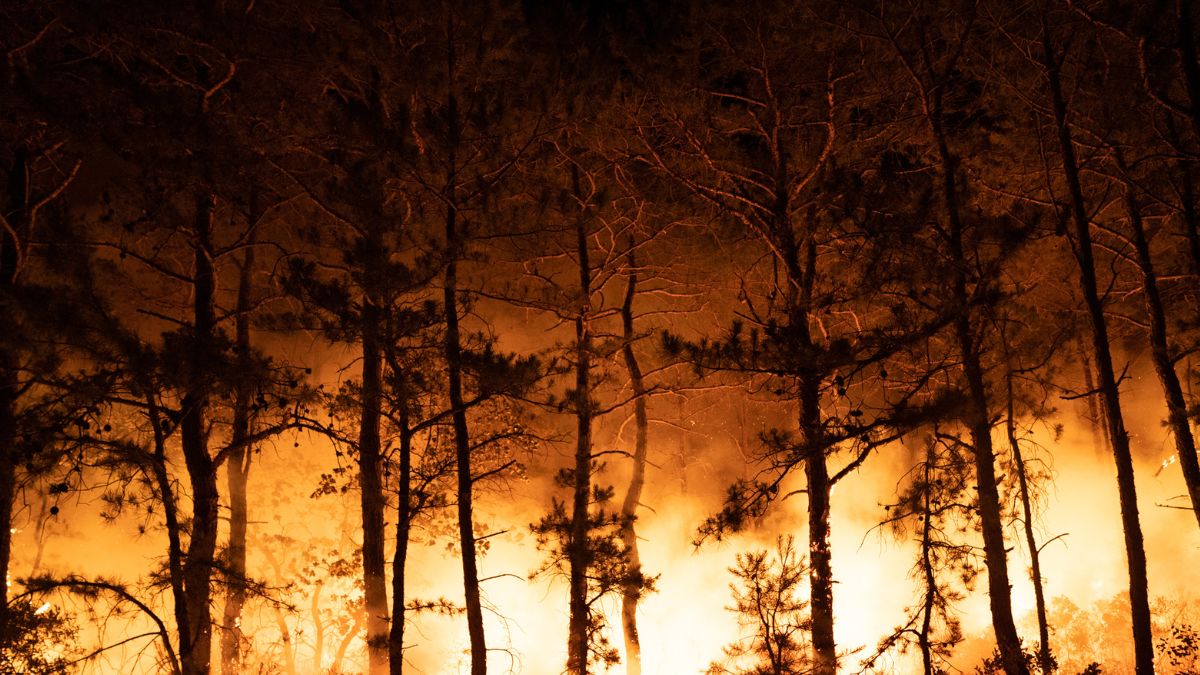On July 23, 2025, the International Court of Justice (ICJ) in The Hague dropped a legal bombshell: countries can sue each other over climate change, including for historic greenhouse gas emissions. This non-binding ruling, sparked by Pacific Island law students in 2019, is a lifeline for low-lying nations like Vanuatu and the Marshall Islands, battered by rising seas and storms they didn’t cause. Yet, as Judge Iwasawa Yuji noted, untangling who owes what for climate damage is a messy puzzle, and the ruling’s real-world impact hinges on political will. Here’s a sharp, skeptical dive into this landmark decision, its implications, and whether it’s a game-changer or a symbolic gesture, delivered with a wry nod to the absurdity of expecting geopolitics to play nice.
The Ruling: A Win for the Vulnerable
The ICJ’s advisory opinion, delivered to a crowd of campaigners and Pacific Island representatives, affirms that countries can seek damages for climate impacts—think flooded infrastructure or displaced communities—caused by others’ emissions. It explicitly calls out historic polluters, meaning high-emitting nations like the UK or Germany could face lawsuits for their coal-and-oil-soaked pasts. Judge Iwasawa emphasized that failing to pursue ambitious climate plans breaches the 2015 Paris Agreement, and broader international law obligates even non-signatories (like a potentially withdrawing U.S.) to protect the climate system.
The ruling, while not enforceable, carries weight. It allows nations to cite it in domestic or international courts, potentially as early as next week. Developing countries, frustrated by unkept promises from rich nations, see it as a path to compensation. “This is a victory for every frontline community,” said Flora Vano of Vanuatu, the world’s most climate-vulnerable nation. Siosiua Veikune, a Tongan student behind the case, called it a proud moment for Pacific Islanders. The court also held governments accountable for their companies’ emissions, flagging fossil fuel subsidies or new oil and gas licenses as potential violations.
The Backstory: Pacific Islands Take on the World
The case began with a bold idea from Pacific Island law students in 2019, who saw their homelands—like Vanuatu, where Cyclone Pam in 2015 wiped out 25% of homes and two-thirds of GDP—drowning under rising seas. Frustrated by global inaction, they pushed for the ICJ to clarify states’ climate obligations. In December 2024, dozens of Pacific Islanders testified about displacement and $9 billion adaptation costs for the Marshall Islands alone—money they don’t have for a problem they didn’t cause.
The ruling rejects arguments from developed nations, including the UK, that existing agreements like Paris are sufficient. It opens the door for claims against historic polluters, with estimates suggesting $2.8 trillion in climate losses from 2000 to 2019, or $16 million per hour. Specific events, like a cyclone tied to climate change, could trigger lawsuits, though proving causation is a legal minefield, per Judge Iwasawa.
Implications: A Legal Weapon with Limits
This ruling is a “watershed moment,” per Joie Chowdhury of the Centre for International Environmental Law. It empowers vulnerable nations to seek compensation in courts worldwide, citing the ICJ’s opinion, even in U.S. federal courts where the U.S. isn’t bound by ICJ jurisdiction. Countries like the UK, which accept ICJ authority, are prime targets, though major emitters like the U.S. and China, which don’t, are trickier. Lawyers say developing nations are already eyeing new cases, leveraging the ruling to demand accountability.
But here’s the catch: the ICJ has no enforcement muscle. “It relies on states adhering to its judgments—it doesn’t have a police force,” said barrister Harj Narulla. Geopolitics could blunt the ruling’s impact, especially with the U.S. prioritizing “America first” under President Trump, as a White House spokesperson stated. The UK, fresh from ceding the Chagos Islands after an ICJ ruling, may be more compliant, but paying billions in damages is a tough sell domestically.
Why It Matters: Justice vs. Reality
For nations like Vanuatu and the Marshall Islands, facing existential threats from rising seas, this ruling is a moral and legal victory. It amplifies their voice, validating decades of suffering—think Majuro’s flooded airport roads or Vanuatu’s cyclone-ravaged communities. It also pressures rich nations to rethink fossil fuel policies, as approving new oil licenses could now invite legal challenges. X posts from July 23, 2025, capture the excitement, with one user calling it “a win for the little guys,” though another warned, “Good luck getting the U.S. to pay up.”
Yet, the ruling’s practical impact is uncertain. Proving causation for specific climate damages is daunting, and compensation amounts are unclear. The $9 billion adaptation cost for the Marshall Islands alone dwarfs many nations’ budgets. Rich countries may drag their feet, hiding behind legal complexities or political posturing, while vulnerable nations lack the resources for protracted lawsuits.
The Road Ahead: A Climate Courtroom Drama
The ICJ’s ruling sets the stage for a new era of climate litigation. Vulnerable nations, armed with this precedent, may flood courts with claims, from domestic tribunals to international bodies. But success hinges on political will and legal creativity. Will rich nations honor the moral weight of their historic emissions, or will geopolitics reduce this to another toothless UN declaration? For now, the ruling gives climate victims a megaphone—but turning words into dollars will be the real test.



